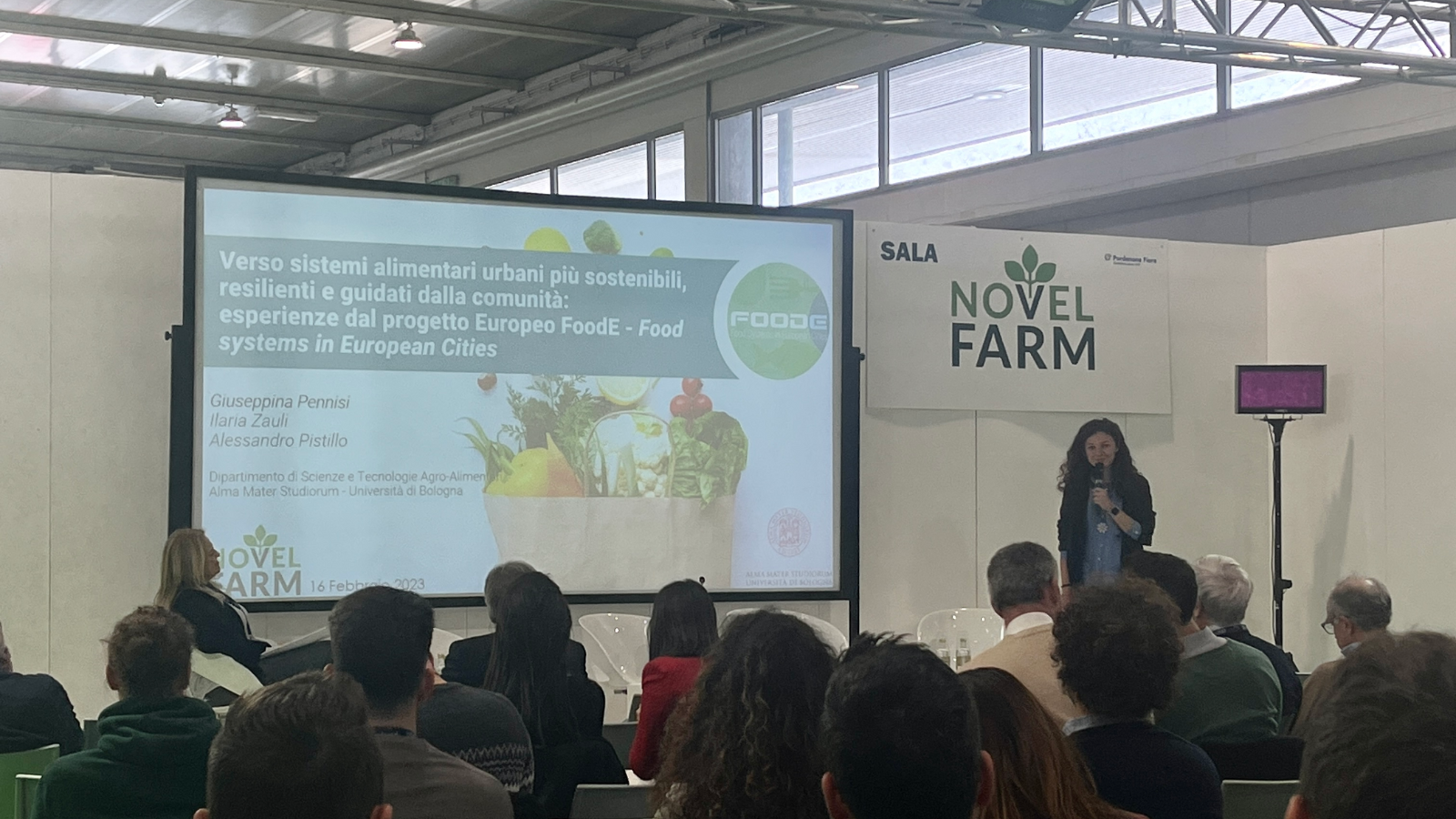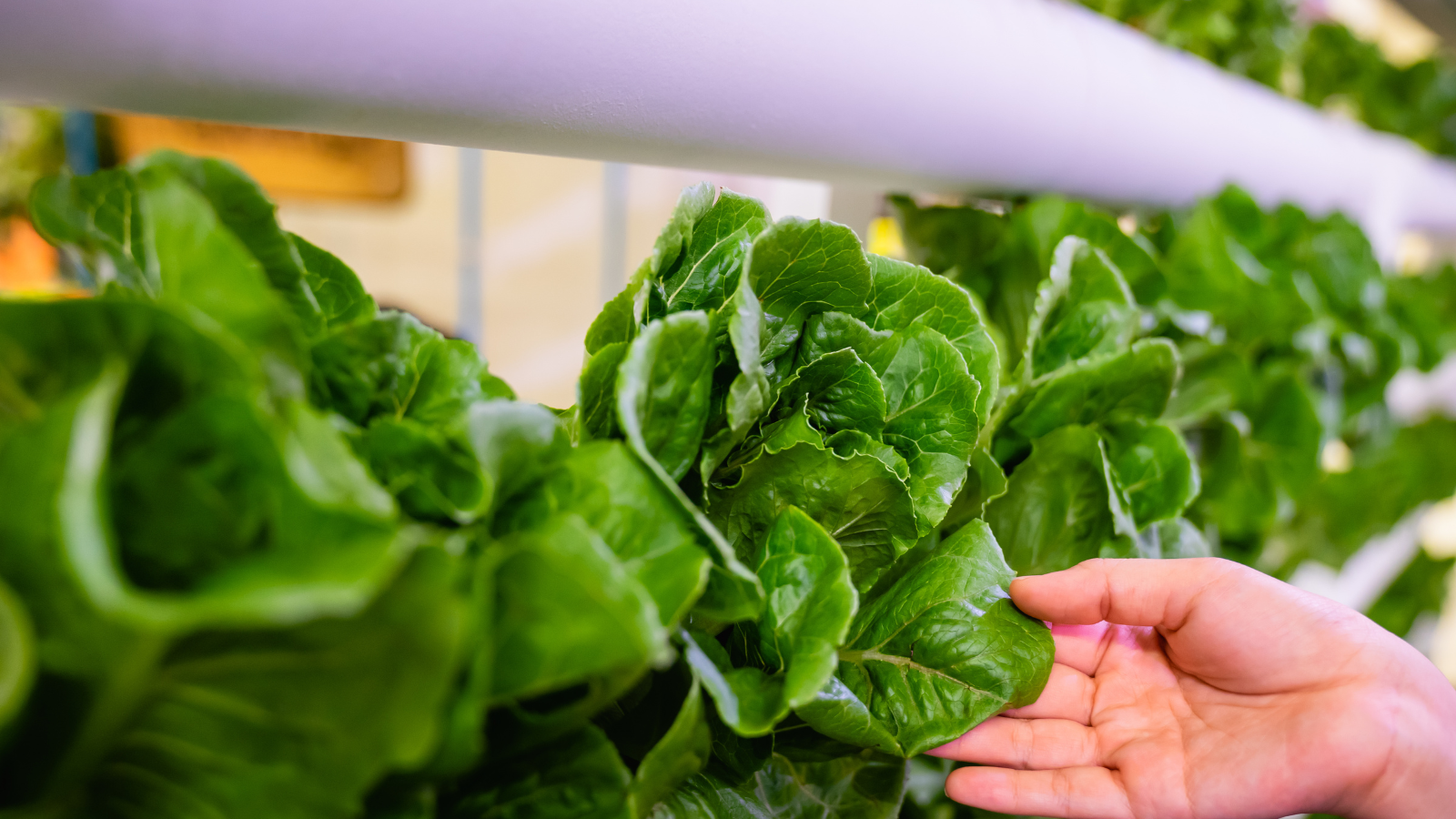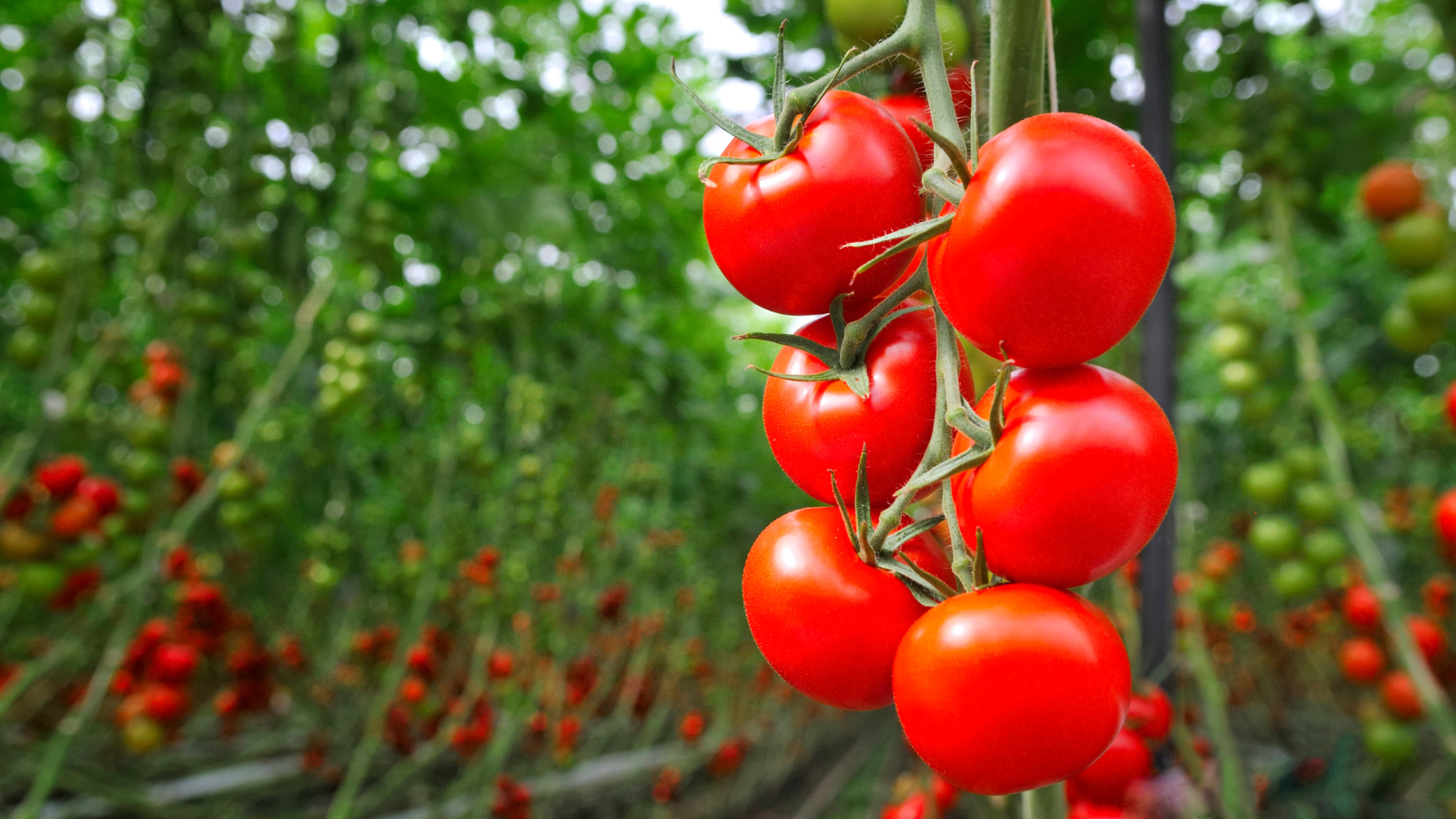In the northwestern tip of France, nearby the Belgian border, the ‘Canal de Bourbourg’ separates two different worlds. Where on one side, people see the big oil- and chemical companies, on the other side people see an oasis of greenery.
This place is called the French Grande-Synthe, which has a remarkable socio-ecological policy since many years. And with success. After some big energy cuts by the city government, money has been freed up in recent years to get three large organic city farmers started. Nowadays, these farmers ensure that all school cafeterias can serve organic food without pesticides to their students. The city government also invested in public transportation, which now runs completely on bio-gasses and is free for all residents.
However, even Grande-Synthe knows a downside. The green transition glosses over the social crisis that is deeply rooted in this ‘commune’. Unemployment is above average at about 30 percent. Same applies to the percentage of residents living in poverty. This raises the question, what made the city government still choose to invest in free public transportation and organic food? According to former Mayor Carême, “what’s good for the environment is good for poor people.”
Luckily, the good example set by the municipality is being followed by many residents who now have their own organic food gardens. A group of residents from the poorest neighborhoods had the idea to establish organic food gardens near the apartment complexes. Nowadays, the city has 6 large organic food gardens. Thereby proactively executing urban farming and providing many families with cheap organic food. However, this is not even the biggest benefit. In fact, the organic food gardens bring people together! Many residents of poor neighborhoods join forces and farm together. Having a purpose ensures that even the poorest residents who have to deal with financial sorrows now produce healthy food for themselves and their loved ones.
This beautiful example proves the power of urban farming. As scientist L. Acton (2011) confirms: social food gardens “offer an opportunity for excluded groups or individuals to participate and become involved in a project.”






